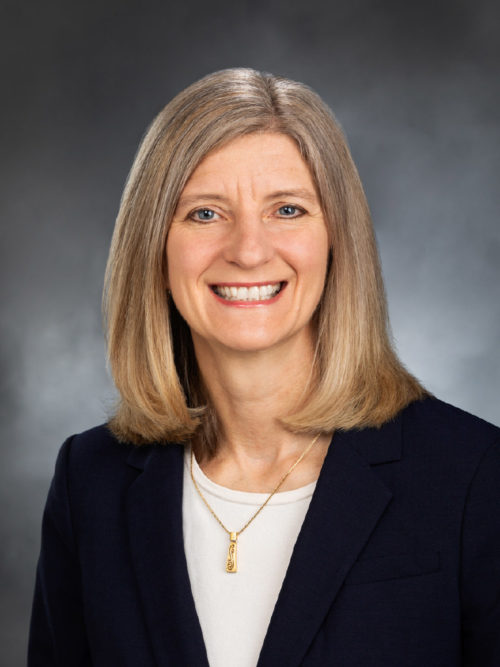Kraft casts only vote against supplemental transportation budget

Never say that Rep. Vicki Kraft is afraid to stand alone.
The Vancouver Republican, elected in the 17th Legislative District in 2016 and re-elected in 2018, is arguably the most conservative of the nine lawmakers from Clark County and a staunch foe of requiring public schools to provide comprehensive sex education.
She had plenty of company from fellow Republicans on sex education. But this week, she was the only member of the Legislature to vote against the supplemental transportation budget.
The Senate approved the final version of House Bill 2322, by a 49-0 vote Wednesday. The House approved the bill by a 96-1 vote the same day, with Kraft voting “no” and Rep. Dave Paul, D-Oak Harbor, excused.
Kraft, in an email to The Columbian, said she opposed the bill because it did not include funding for a third Columbia River bridge between Clark County and Oregon.
A third bridge, Kraft wrote in her email, would “provide real traffic congestion relief for our commuters driving to Portland every day and for businesses who rely on trucks to transport their goods as efficiently as possible through Southwest Washington.”
Among the three senators and six representatives from Clark County, Kraft is the only delegation member who hasn’t joined a loose bipartisan coalition that supports first replacing the Interstate 5 Bridge and then planning and building a third Columbia River bridge.
Kraft shows no signs of budging from her position that a third bridge is the top priority.
“Until Oregon provides more I-5 throughput lanes on their side of the river, replacing the I-5 Bridge will not solve this congestion problem,” she wrote in her email. “However, a third bridge would increase highway capacity and improve the traffic flow throughout our region.”
During short 60-day sessions in even-numbered years, the Legislature typically makes only minor adjustments to the transportation budget approved during the previous session. (Kraft also cast one of two House votes last year against the final transportation budget, House Bill 1160.)
This year’s mid-biennium supplemental required more work, in part because of passage of Initiative 976, the $30 car tab that received 53 percent of the statewide vote in November. The supplemental transportation budget used one-time balancing methods for a short-term fix, but it punts broader funding issues to the 2021 Legislature.
“This budget gives the appearance that we’ve overcome the devastating funding consequences of I-976, but really what we’ve done here can only be done once,” Sen. Steve Hobbs, D-Lake Stevens, said in a statement. “The main takeaway from this process is that our state needs a comprehensive transportation funding package. Washington has transit, environmental and other infrastructure needs that far exceed available revenues. We need to reimagine transportation funding in a way that meets the state’s needs”
Hobbs, chairman of the Senate Transportation Committee, has floated a “Forward Washington” transportation package. At the top of his project list is replacing the I-5 Bridge.
And, in case you are wondering, the supplemental transportation budget preserves the $35 million that state lawmakers ponied up in 2019 for replacing the aging bridge’s twin spans.
